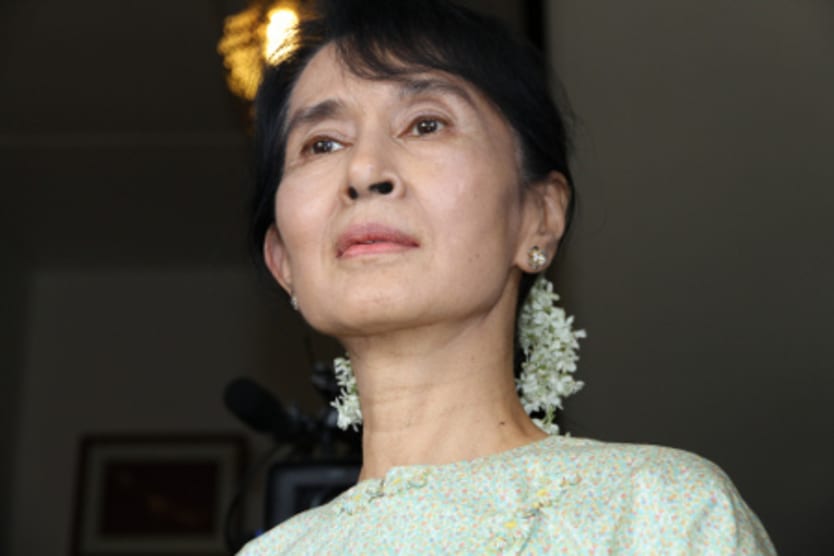
In many cultures, April 1 is a day of pranks and practical jokes. But for the global development community, this past Sunday was less of a laughing matter than a time to celebrate and reflect on the future of our industry.
Two events stuck out that day. In Myanmar, Nobel Peace Prize winner and opposition leader Aung San Suu Kyi and other National League for Democracy candidates won parliamentary seats in what could be a significant step in the country’s democratization and development. And in Japan, Akihiko Tanaka, a political scientist, took the reins from Sadako Ogata, the longest-serving and oldest bilateral aid chief.
For the global development community at large, these events raise age-old questions, such as: What is the downside of aid becoming a tool for donors eager to realize political, economic or security interests — whether it be to entice democratic reform or explore markets overseas?
International relations with Myanmar have been thawing since last year, when a new president began ushering in democratic reforms. Hillary Clinton visited the country in September, the first time a U.S. Secretary of State had done so in five decades. Other diplomatic and development leaders followed, the EU announced plans to open an aid office and resume aid, and Denmark wants to double its assistance.
Yet Myanmar’s future remains unclear. Only a fraction of parliamentary seats were up for grabs last weekend, and the military-backed ruling party will continue to control government.
Meanwhile, the resignation of Ogata as head of the Japan International Cooperation Agency will help to usher in a new era in the country’s aid program. Ogata presided over the merger of JICA with the Japan Bank for International Cooperation, as well as a sharpened focus on Africa and fragile states.
Tanaka, her successor, is expected to focus more on public-private partnerships and South-South cooperation, as Akio Hosono, director of the JICA Research Institute, pointed out in a guest opinion published exclusively by Devex earlier this week.
But the ultimate goal appears to be to help Japanese companies explore new markets abroad. Although Japan has produced several global giants — especially in the automobile, telecommunications and consumer goods markets, as well as in banking and trading — many of the country’s midsize companies have struggled to find solid footing abroad. Japan’s population is aging and the domestic market appears saturated — so branching out seems fair enough in today’s globalized economy. But using JICA as a vehicle?
Of course, other donors are doing the same. When the German, U.K. or U.S. aid chiefs travel, their entourage often includes corporate leaders looking for business.
The sharpened focus within our community on improving governance and economic opportunity around the globe is laudable, and the influx of business acumen can create winners on all sides. But international leaders should be mindful that a narrow focus on one’s own political or economic gain may create auxiliary costs that will be hard to bear.
Read more:
Sea change: Incoming JICA president expected to focus on PPPs
‘Inclusive, dynamic development’: Japan’s vision for South-South cooperation
Read last week’s Development Buzz.








